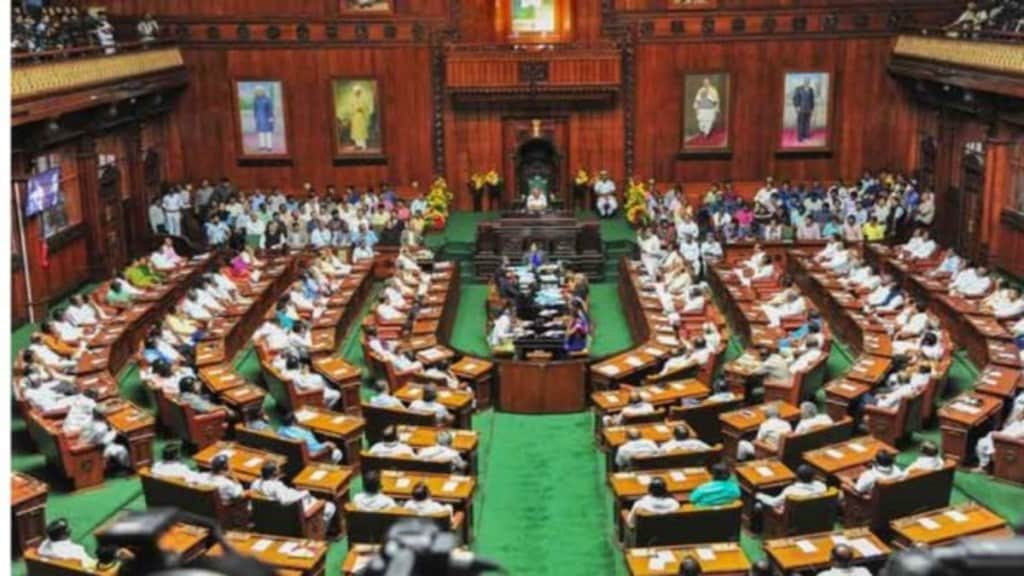In a significant move, the Karnataka Legislative Assembly passed a resolution on Wednesday rejecting the Waqf (Amendment) Bill, 2024, with Law and Parliamentary Affairs Minister H.K. Patil leading the opposition. The resolution urged the central government to withdraw the bill, citing concerns over its impact on Karnataka’s secular principles and inclusivity.
Strong opposition to the Bill
Minister Patil emphasized that the bill does not align with the aspirations of the people of Karnataka and contradicts the state’s commitment to secularism.
“This Act does not reflect the aspirations of all sections of society,” Patil stated. “The House has unanimously rejected this amendment, as it goes against the values of inclusivity and secularism. We urge the central government to withdraw the Waqf (Amendment) Bill, 2024.”
Proposed Reforms and Controversy
The Waqf (Amendment) Bill, 2024 seeks to amend the Waqf Act of 1995, which governs Waqf properties in India. Key provisions include: Digitisation of records, enhanced audits and transparency and stronger measures to reclaim encroached Waqf properties.
While the bill aims to curb mismanagement and corruption, critics argue that it does not sufficiently address the concerns of affected communities.
Backlash from minority groups
The All India Muslim Personal Law Board (AIMPLB) has strongly opposed the bill, arguing that it overlooks the interests of minority communities. Senior Congress leader Harish Rawat also called on the central government to consider objections raised by AIMPLB and other stakeholders.
“The views of the Muslim Personal Law Board should be taken seriously,” Rawat stated. “Efforts should be made to reach a consensus to ensure the minority community does not feel unheard.”
The Waqf Act of 1995 has long been criticized for issues related to mismanagement and encroachments. While the 2024 amendment aims to introduce reforms, Karnataka’s opposition believes the Bill fails to fairly address concerns across all communities.

